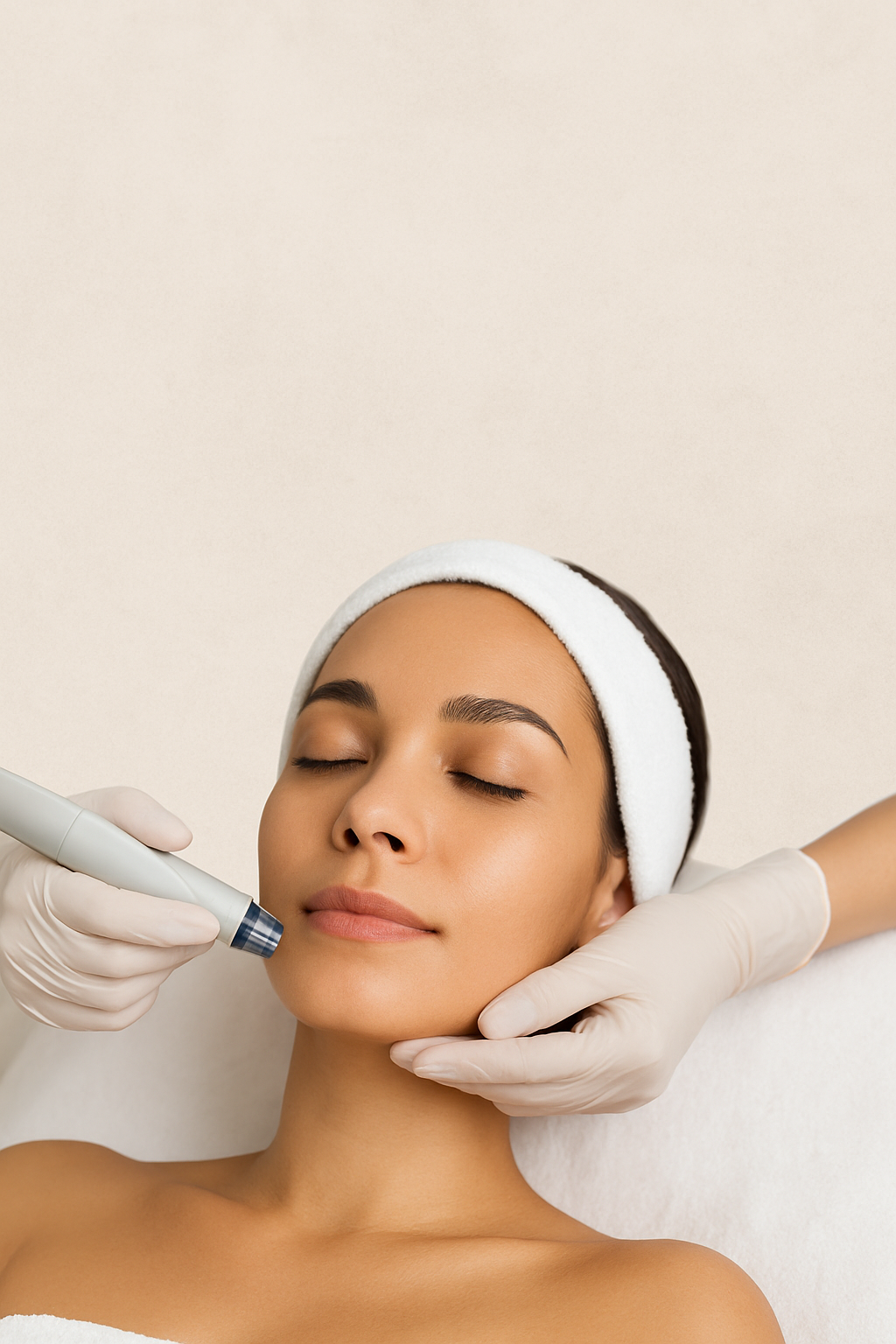
Healthy, glowing skin is a reflection of overall well-being, where internal factors like diet and stress play vital roles alongside topical skincare. As dermatologists often emphasize, achieving and maintaining skin health extends beyond creams and treatments to what we eat and how we manage stress. This blog explores how diet and stress uniquely influence skin health, why their effects are interconnected, and what can be done to optimize skin condition holistically.
Understanding Skin Health: More Than Skin Deep
Our skin is the largest organ of the body and serves as a protective barrier against environmental aggressors like pollutants, UV radiation, and microorganisms. However, its appearance and resilience are influenced not only by external care but significantly by what happens inside the body. Both nutrition and psychological stress regulate complex biological processes in the skin, including inflammation, immune response, hydration, and repair mechanisms. Disruptions in these processes can manifest as common skin problems such as acne, eczema, psoriasis, premature aging, and delayed wound healing.
How Diet Affects Skin Health
Nutrient Supply for Skin Structure and Function
Skin cells require a steady supply of proteins, vitamins, minerals, and antioxidants to support collagen synthesis, cellular regeneration, and barrier function. Deficiencies or excesses in nutrients can impair the skin's ability to maintain its structure and protect itself from damage.
Proteins and Amino Acids: Fundamental for skin repair and elasticity. Collagen, the main structural protein, depends on amino acid availability.
Vitamins A, C, and E: Act as antioxidants to combat oxidative stress from UV exposure and pollution. Vitamin C is crucial for collagen production.
Zinc and Selenium: Essential minerals involved in immune function and inflammation regulation.
Impact of Unhealthy Dietary Patterns
Emerging research highlights negative effects of certain dietary habits on skin health:
High-fat diets: These can promote skin oxidative stress and inflammatory responses. Studies have shown that diets high in saturated and trans fats delay skin healing and worsen inflammatory skin conditions like psoriasis.
Excess sugar intake: High sugar consumption contributes to the formation of advanced glycation end products (AGEs), which damage collagen and accelerate skin aging. Sugary and highly processed foods, especially those cooked at high temperatures (grilling, frying), exacerbate skin aging and inflammation.
Imbalanced gut microbiome: Poor diet can lead to gut dysbiosis, which influences skin through the gut-skin axis, contributing to conditions like atopic dermatitis and acne.
Beneficial Dietary Components for Skin
Antioxidant-rich fruits and vegetables: Berries, leafy greens, and colorful produce provide polyphenols and vitamins that help protect skin from oxidative damage and inflammation.
Omega-3 fatty acids: Found in fatty fish and flaxseeds, they reduce skin inflammation and improve barrier function.
Hydration: Adequate water intake supports skin moisture and suppleness.
The Role of Stress in Skin Health
The relationship between stress and skin is complex and bidirectional. Stress activates the hypothalamic-pituitary-adrenal (HPA) axis, increasing cortisol and other stress hormones. These hormones affect the skin's immune cells and inflammatory pathways, causing or exacerbating many skin conditions.
Inflammation: Chronic stress triggers inflammation that worsens acne, psoriasis, eczema, rosacea, and even wounds' healing process.
Impaired skin barrier function: Stress reduces the skin’s ability to retain moisture and defend against irritants and microbes, leading to dryness, redness, and sensitivity.
Excess oil production: Stress hormones increase sebum output, which can lead to breakouts and acne flares.
Hair effects: Stress also contributes to hair loss conditions like telogen effluvium and can even influence premature hair graying through neural and hormonal pathways.
Visible Skin Effects and Psychological Impact
Skin conditions triggered or worsened by stress are not just physical problems; they can intensify psychological stress, creating a vicious cycle. Skin appearance affects self-esteem and mood, and skin flare-ups during stressful times lead many patients to seek professional help.
The Interconnection Between Diet and Stress in Skin Health
Diet and stress together form a dual influence on the skin. Poor diet may exacerbate the effects of stress by weakening the skin’s resilience, while stress can impact dietary habits and nutrient absorption:
Stress often leads to unhealthy eating behaviors, such as increased consumption of sugary or high-fat comfort foods, which harm skin health.
High stress may impair digestion and gut health, disrupting nutrient uptake and worsening conditions like inflammatory skin diseases through the gut-skin axis.
Maintaining balanced nutrition can support resilience to stress by regulating immune response and hormonal balance, creating a positive feedback loop for skin health.
Practical Tips for Optimizing Skin Through Diet and Stress Management
Diet Tips
Adopt a balanced diet rich in antioxidants (fruits, vegetables), anti-inflammatory foods (omega-3 rich fish, nuts), and adequate protein for skin repair.
Limit refined sugars, processed foods, and high-fat foods known to promote inflammation and skin aging.
Stay hydrated with plenty of water daily for optimal skin moisture.
Consider probiotics or fermented foods to support gut health and the gut-skin axis.
Stress Reduction Strategies
Practice mindfulness techniques such as meditation and yoga, which have shown promise in lowering cortisol levels and improving skin conditions.
Ensure good sleep hygiene to support skin repair and hormone regulation.
Engage in regular physical activity to reduce stress and enhance circulation to the skin.
Seek professional help for persistent psychological stress to prevent negative effects on skin and overall health.
When to Consult a Dermatologist
If skin problems like acne, eczema, psoriasis, or unexplained flare-ups persist despite lifestyle changes, consulting a dermatologist is essential. Dermatologists can provide tailored treatments and advice integrating diet and stress management to optimize skin health. They can also rule out underlying conditions and guide patients towards comprehensive psychodermatology care if stress-related skin issues are prominent.
Conclusion
The link between diet, stress, and skin health is irrefutable and complex. Optimal skin health requires a holistic approach that incorporates nutrient-rich eating, balanced lifestyle habits, and effective stress management. Dermatologists play a crucial role in educating patients about these factors and guiding them toward integrative care. By understanding the impact of what we eat and how we cope with stress, individuals can achieve healthier, more resilient skin that reflects true vitality from within.







Write a comment ...